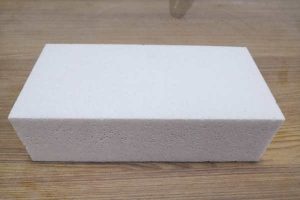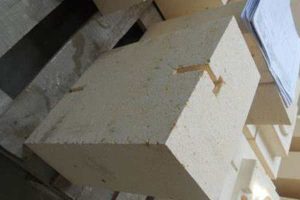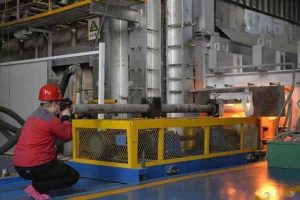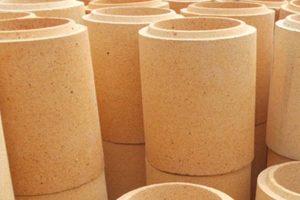When it comes to high-temperature applications, finding suitable materials that can withstand extreme heat and maintain structural integrity is crucial. Mullite bricks have emerged as a revolutionary solution in this domain. With their exceptional thermal properties, durability, and versatility, these fire-proof bricks have become the go-to choice for industries such as steel manufacturing, Keramika, and glass production.
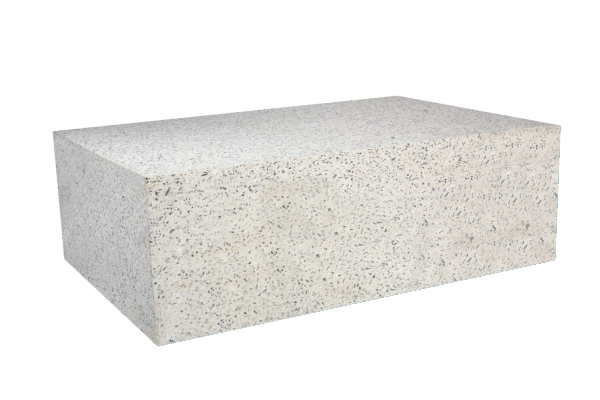
What are Mullite Bricks?
Mullite bricks are refractory materials that are primarily composed of a combination of alumina (Al2O3) and silica (SiO2). The unique composition of these bricks gives them remarkable thermal stability and resistance to high temperatures. Mullite refractory bricks are known for their excellent mechanical strength, low thermal conductivity, and high resistance to thermal shock, making them ideal for applications involving extreme heat and rapid temperature changes.
The Composition of Mullite Bricks
Mullite bricks are typically composed of around 60-80% alumina and 20-40% silica. The precise ratio of alumina to silica can vary depending on the desired properties of the bricks and the specific application requirements. The high alumina content provides the bricks with excellent thermal stability and resistance to corrosion, while the silica content enhances their mechanical strength and resistance to thermal shock.
The Manufacturing Process
The manufacturing process of Mullite bricks involves several steps, starting with the selection and preparation of raw materials. Alumina and silica-rich materials such as bauxite, kaolin, and alumina-silica gel are carefully selected and mixed in the desired proportions. The mixture is then shaped into bricks through methods like pressing, casting, or extrusion. After shaping, the bricks undergo a drying process to remove any moisture. Finally, the bricks are fired at high temperatures in kilns, resulting in their dense and durable structure.
Benefits of Mullite Bricks
1. High Thermal Stability
Mullite bricks exhibit exceptional thermal stability, allowing them to withstand temperatures as high as 1800°C (3272°F). This makes them ideal for applications in industries that operate under extreme heat, such as furnaces, Mga hurno, at mga incinerators.
2. Low Thermal Conductivity
With their low thermal conductivity, Mullite fire bricks minimize heat transfer, ensuring efficient insulation in high-temperature environments. This property helps to reduce energy consumption and maintain a stable temperature gradient within the equipment.
3. Excellent Mechanical Strength
Mullite refractory bricks possess excellent mechanical strength, enabling them to withstand mechanical stress and load-bearing requirements even at high temperatures. This makes them suitable for structural applications in industries such as steel manufacturing, where strength and durability are paramount.
4. Resistance to Thermal Shock
One of the remarkable features of Mullite fire bricks is their resistance to thermal shock. These bricks can withstand rapid temperature changes without cracking or losing their structural integrity, making them ideal for applications where quick heating and cooling cycles are involved.
5. Corrosion Resistance
Mullite bricks are highly resistant to corrosion and chemical attack. This property is especially valuable in industries such as chemical processing, where exposure to corrosive substances is common. The bricks’ resistance to corrosion ensures their longevity and reliability in harsh environments.
6. Versatile Applications
Due to their exceptional properties, Mullite firebricks find applications in a wide range of industries. They are extensively used in steel manufacturing, ceramic and glass production, petrochemical refining, pagbuo ng kapangyarihan, and various other high-temperature processes.
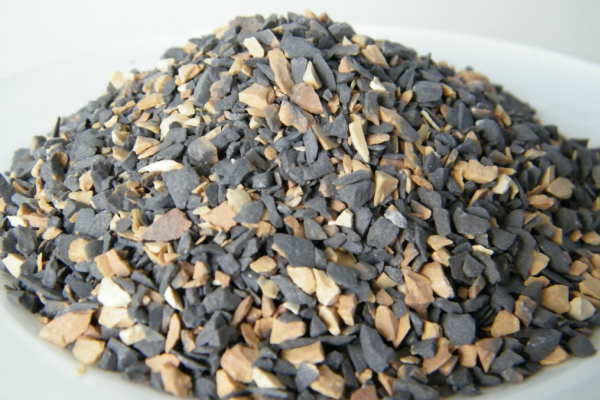
Applications of Mullite Bricks
1. Steel Manufacturing
In the steel manufacturing industry, Mullite bricks play a critical role in the construction of blast furnaces, hot metal transfer systems, and other high-temperature equipment. These bricks provide the necessary thermal insulation, mechanical strength, and resistance to corrosion, ensuring the efficient and reliable operation of steel plants.
2. Ceramic and Glass Production
Mullite bricks are extensively used in ceramic and glass production processes. They are employed as kiln linings, crucibles, and molds due to their ability to withstand the extreme temperatures required for shaping and firing ceramic and glass materials. The low thermal conductivity of Mullite bricks helps maintain consistent and controlled heating, resulting in high-quality ceramic and glass products.
3. Petrochemical Refining
The petrochemical industry relies on Mullite bricks for various applications, including lining reformers, ethylene cracking furnaces, and other high-temperature reactors. Mullite bricks’ resistance to thermal shock and corrosion makes them suitable for the harsh environments found in petrochemical plants, ensuring the safe and efficient processing of hydrocarbons.
4. Power Generation
In the power generation sector, Mullite bricks are used in the construction of boilers, mga hurno, at mga incinerators. These bricks provide excellent insulation, preventing heat loss and improving the overall energy efficiency of power plants. The ability of Mullite bricks to withstand high temperatures and thermal cycling makes them a reliable choice in this demanding industry.
5. Other High-Temperature Processes
Mullite bricks find applications in various other high-temperature processes such as cement manufacturing, non-ferrous metal refining, and waste treatment. They are used in the construction of rotary kilns, Mga Lad, tundishes, and other equipment where resistance to heat, mekanikal na stress, and chemical attack is crucial.
Pangwakas na Salita
Mullite fire bricks have revolutionized high-temperature applications across various industries.
Their exceptional thermal stability, low thermal conductivity, excellent mechanical strength, and resistance to thermal shock and corrosion make them a go-to choice for industries operating in extreme heat environments.
From steel manufacturing to ceramic production, petrochemical refining to power generation, Mullite bricks have proven their worth in diverse settings.
The unique composition of alumina and silica, coupled with the precise manufacturing process, ensures the high quality and reliability of Mullite bricks.
These kiln refractory bricks have become an indispensable component in the construction of furnaces, Mga hurno, Mga boiler, and other equipment where high-temperature resistance and durability are paramount.
As industries continue to push the boundaries of high-temperature applications, the demand for Mullite bricks is expected to rise.
Their versatility and ability to withstand extreme heat make them an essential material for various processes.
Furthermore, Mullite bricks’ environmentally friendly nature adds to their appeal, as they are made from natural raw materials and have a long lifespan, contributing to reduced waste generation.
Sa konklusyon, Mullite bricks have truly revolutionized high-temperature applications.
Their outstanding thermal properties, mechanical strength, and resistance to thermal shock and corrosion make them a reliable and efficient choice for industries worldwide.
As technology advances and industries evolve, Mullite bricks will continue to play a crucial role in shaping the future of high-temperature processes.

